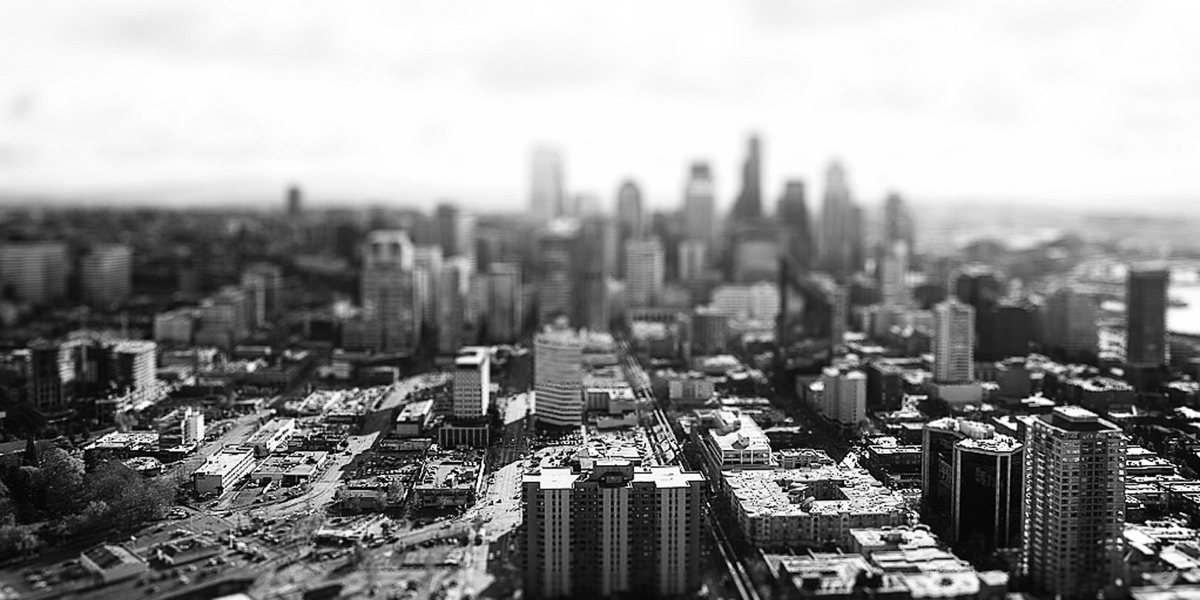Fighting for Breath
This week has been perhaps the last sunny one of the summer. But if you notice a haze in the air, that’s because we are experiencing yet another smog episode in London. In the past few days alone, figures have shown...
This week has been perhaps the last sunny one of the summer. But if you notice a haze in the air, that’s because we are experiencing yet another smog episode in London.
In the past few days alone, figures have shown that more than three quarters of London’s main roads regularly have illegal levels of air pollution. Roads in Hammersmith and Fulham, Camden and Westminster are particularly polluted, with nearly all the main roads in these boroughs exceeding legal European limits.
And the pollution isn’t restricted to London – there have been at least six major smog warnings in the UK so far in 2013, covering parts of the country that stretch from Manchester to Brighton, Cardiff to Norwich. Almost 30,000 people died prematurely in 2012 as a result of poor air quality. After smoking, poor air quality is the biggest public health risk facing 21st century Britain.
Reducing pollution, regardless of how pressing it is, is undoubtedly a difficult matter. It will involve tough choices such as taking high-polluting vehicles off the road, banning lorries from city centres and shifting most freight to rail. Don’t hold your breath for a quick fix; no political party yet has a palatable or even workable solution.
But even without the ideal response at our fingertips, it’s important to keep track of the quality of the air we breathe. For people with respiratory conditions, knowing when the smog is coming can be lifesaving, allowing them to avoid strenuous exercise outdoors for instance.
That’s why it’s particularly shocking that the government is currently consulting on proposals to dismantle the network of air quality monitors across the UK. They are considering telling local authorities that they now no longer have responsibility for this matter.
To make matters worse, the consultation (which closes on 13th September) is complex and technical – to such an extent that even environmental organisations like SERA, Labour’s environment campaign, are struggling to submit an objection. So we have set up a straightforward petition so that anyone who is concerned about the air we breathe can express their concern.
Stopping monitoring air quality might save money and keep pollution off the public agenda, but it will leave us blind to the hidden danger surrounding us and put thousands more lives at risk each year. Please sign our petition today.
